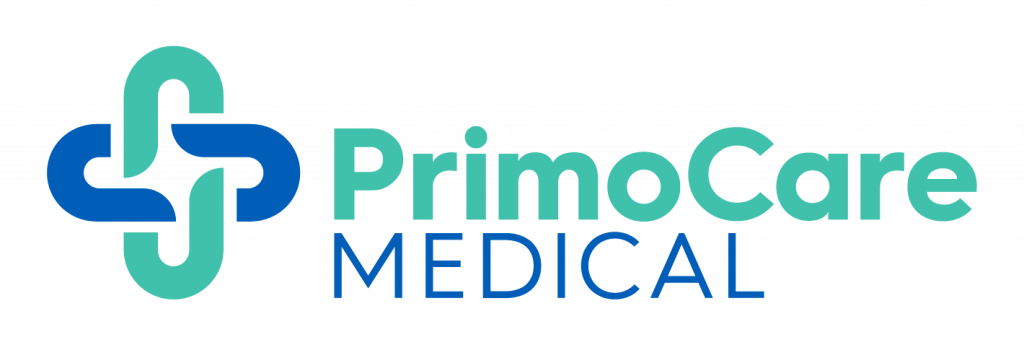/ บทความ / Symptoms and Dangers of PCOS (Polycystic Ovary Syndrome)

Polycystic ovary syndrome (PCOS) is a hormonal disorder that affects women of reproductive age. It is a typical disorder that alters how a woman’s ovaries function and that can lead to a variety of symptoms and health issues.
Symptoms of PCOS
The symptoms of PCOS can vary from woman to woman, but they typically include:
- Irregular periods: Women with PCOS may have fewer than nine monthly cycles per year, as well as heavy, irregular, or protracted periods.
- Excess androgen: Male-pattern baldness, acne, oily face, and excessive body and facial hair development can all be attributed to high amounts of male hormones in females.
- Polycystic ovaries: Ovaries that are enlarged in women with PCOS may have tiny cysts on the margins.
- Insulin resistance: PCOS is associated with insulin resistance, which can lead to weight gain and type 2 diabetes.
- Fertility problems: Due to the inconsistent ovulation patterns, women with PCOS may have trouble getting pregnant.
Dangers of PCOS
PCOS can lead to several health problems if left untreated including:
- Diabetes: Women with PCOS are at an increased risk of developing type 2 diabetes due to insulin resistance.
- Cardiovascular disease: PCOS is associated with high blood pressure, high cholesterol, and an increased risk of heart disease.
- Endometrial cancer: Women with PCOS may be at an increased risk of developing endometrial cancer due to irregular periods and excess estrogen.
- Depression and anxiety: Women with PCOS may be more likely to experience depression and anxiety.
How to Manage PCOS?
Although there is no cure for PCOS, there are several ways to manage the symptoms and lower the likelihood of health issues.
Healthy lifestyle: Managing PCOS symptoms and lowering the risk of health issues can be accomplished by eating a balanced diet, exercising frequently, and maintaining a healthy weight.
Medication: Birth control pills, metformin, and other medications can help regulate periods, reduce androgen levels, and manage insulin resistance.
Fertility treatments: Fertility therapies, such ovulation induction, intrauterine insemination, or in vitro fertilization, may be helpful for women who desire to become pregnant.
Mental health support: Women with PCOS may benefit from counseling or therapy to manage depression and anxiety.
PCOS is a common hormonal disorder that can cause a range of symptoms and health problems if left untreated. It’s important to be aware of the symptoms of PCOS and to seek medical advice if you’re experiencing any of these symptoms. With proper management and treatment, women with PCOS can live healthy and fulfilling lives. If you want to discuss with experts, you can come for a consultation at PrimoCare Medical Clinic and get professional advice from our professionals. We are ready to take care of your optimal health. You can inquire or make an appointment in advance here.
References:
- Johns Hopkins: Polycystic Ovary Syndrome (PCOS)
- Mayo Clinic: Polycystic ovary syndrome (PCOS)
- HS: Polycystic ovary syndrome (PCOS)
- OASH: Polycystic Ovary Syndrome


